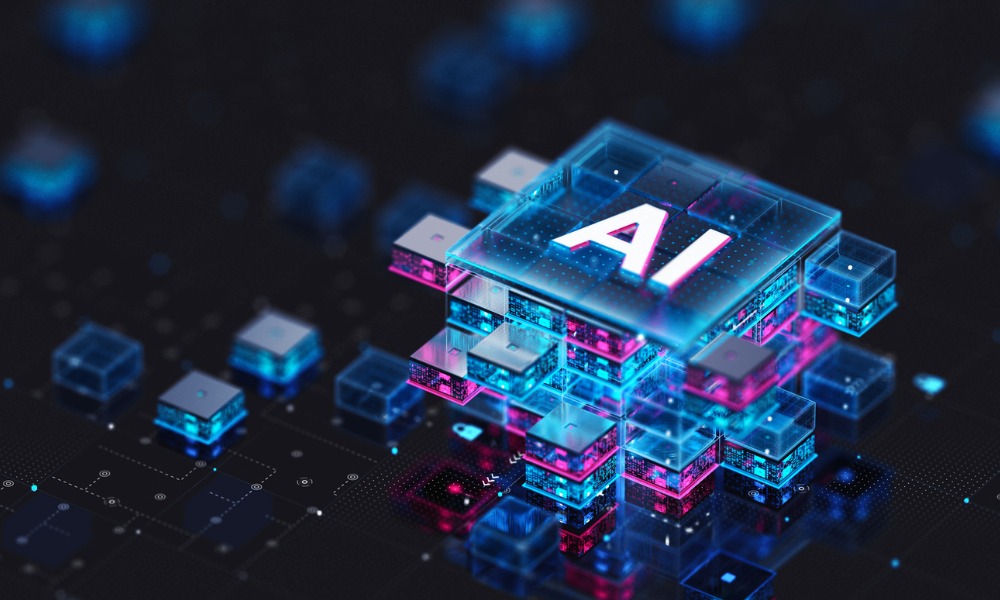
New report looks at challenges of artificial intelligence for Singapore employers

Employers are being reminded that artificial intelligence is not the ultimate solution as a new report found that they rely on it to address various workplace challenges.
The 2024 Kelly Global Re:work Report revealed that executives are turning to AI and automation to solve challenges, such as poor workplace planning, but are struggling to implement digital strategies effectively.
In Singapore, the report found that only 43% of executives have adopted technologies required for employees to perform effectively.
It comes in the wake of various workplace challenges in Singapore, including productivity and skills gaps, according to the report.
Only 38% of executives there have confidence in their organisations' ability to become more productive, lower than the global average of 54%.
Another 36% of executives also rated their teams' creativity and innovation skills as poor, with 57% citing that addressing this gap is high priority.
For employees, around a third of them also admitted that they have frustrations about:
Another 36% also disagreed that they have satisfactory work-life balance.
"Today's leaders must grapple with big expectations from the impact of AI on the workforce — from the way work gets done, to the skills employers need, to the ways workforces are built and managed," said Pete Hamilton, vice president and managing director, APAC, at KellyOCG, in a statement.
"Let's be clear, though — AI is not the endgame. It is a tool that can significantly accelerate business growth. It has the potential to increase our power to build exceptional workforces and understand what it takes to enable them to thrive."
The 2024 Kelly Global Re:work Report surveyed 1,500 senior executives and 4,000 employees in 13 countries including Singapore.
Among its recommendations on implementing AI are demonstrating how it will be effective in empowering employees to do more "rewarding, value-creating work."
"That includes providing timely training on new AI systems, enabling employees to capitalise on the technology, as well as involving employees deeply in the design and deployment phases of new AI and digital systems," the report read.
"In short: let your employees be part of the AI revolution, rather than feeling like victims of it."